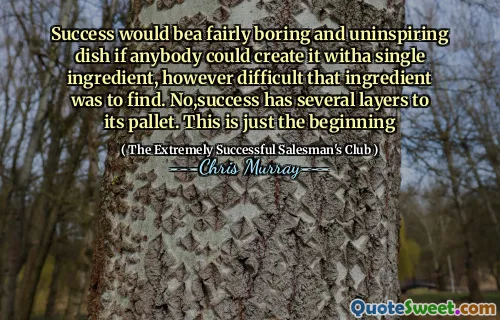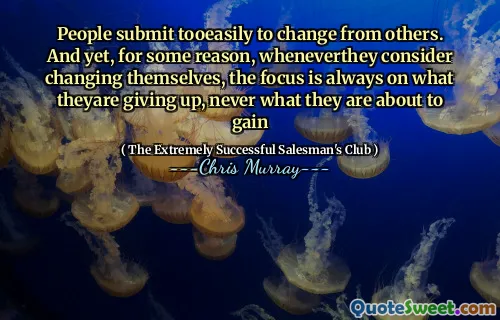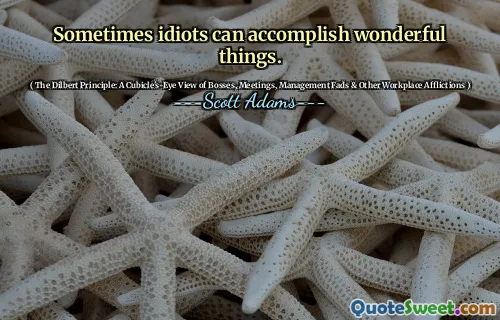
Pride would have destroyed me. But I was able to cheat on pride. If I could cheat on pride, then I could cheat on success too. Both were never meant to be good lovers. Jovita Efehi Obadolagonyi
This quote by Jovita Efehi Obadolagonyi from the book Tales of an African Child reflects a profound relationship between pride, success, and personal survival. Pride, in this context, is portrayed almost as a perilous force — something that could lead to personal destruction if embraced without caution. Yet, the author speaks to the human capacity to outmaneuver such powerful emotions, suggesting that "cheating on pride" is a metaphor for navigating life with a balance between self-respect and humility. It reveals the idea that one does not have to be enslaved by pride to maintain dignity and that knowing how to temper pride can be crucial to thriving.
Further, the analogy extends to success, which is painted as an equally fickle and challenging lover as pride. Success often demands sacrifice, humility, and a willingness to play along with uncertain and sometimes harsh realities. By saying she could "cheat on success too," the author shines a light on the often tumultuous and unpredictable relationship we have with the concept of triumph. She positions both pride and success not as permanent allies but as forces that can easily betray or consume us if held onto too tightly.
This reflection invites readers to rethink their attachment to pride and success — encouraging an approach centered on adaptability, resilience, and a pragmatic understanding of life's complexities. It resonates deeply within the human experience, reminding us that survival and fulfillment often require a nuanced dance with these powerful emotions, rather than blind devotion. The metaphor of lovers underscores the fragile yet profound nature of this relationship, capturing the tension between desire, control, and the need for personal growth.





